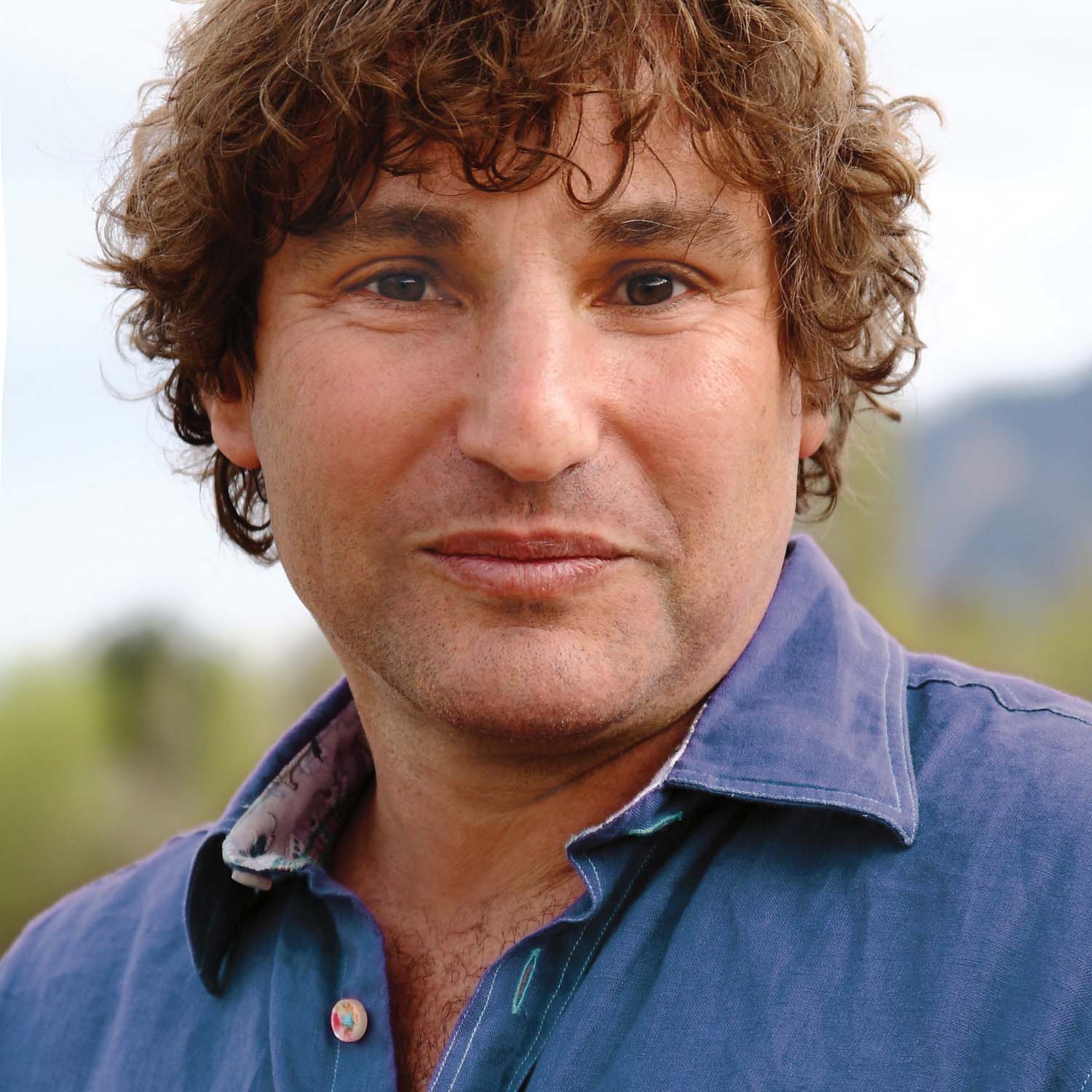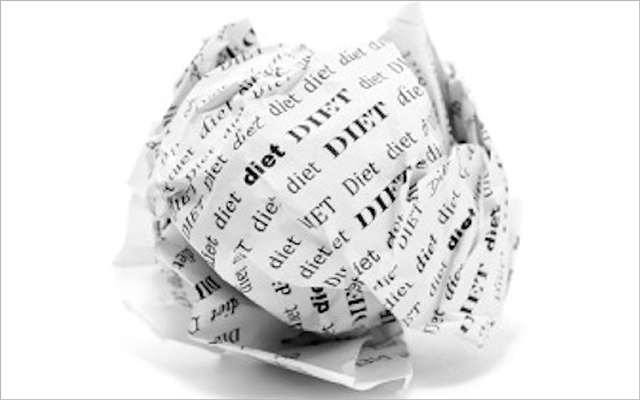Why you eat might be just as important as what you eat, says nutritional psychologist Marc David, MA. Our thoughts about eating literally shape our bodies’ chemistry and metabolic power. “The most powerful chemicals that we experience are the ones we self-produce inside of our bodies,” says David. “Whenever we think a thought, positive or negative, we phone in a prescription to our inner pharmacy, and that pharmacy is always active, always powerful.” The key to producing chemicals that support rather than harm your vitality, he explains, is to practice inspired eating.
Q&A With Marc David
Experience Life | In writing about the influence of thought on our metabolism, you make a distinction between motivation and inspiration in eating. What’s the difference?
Marc David | Motivation often comes from fear — “I’d better eat the right food because otherwise I’ll get sick or fat” — rather than a place of centeredness and balance. Motivation is like a single target, and if I don’t hit that target, I’m bad and I fail, whereas inspiration creates rejuvenation every step of the way. When we are inspired, we are not looking for a reward like simply looking good. I feel inspired to eat good food because it feels so good or because I know that if it is consciously, sustainably grown, I’m eating in a way that’s consistent with my values.
EL | How does our metabolism respond to thoughts, feelings and expectations?
MD | Basically, if the thinking behind my good actions is, “I’d better do this, otherwise I’ll be sick and fat and unattractive,” I am creating the chemistry of stress, which invariably works against me and will create, generally speaking, the opposite physiology of what I’m looking for. Occasionally, we can motivate with stress and get stuff done on a short-term basis, but if my so-called healthy lifestyle is motivated by negative or stressful thoughts, I am producing excess insulin and excess cortisol, both of which signal the body to store fat and not build muscle.
EL | So how do we identify metabolism-lowering thoughts and shift them in a healthier direction?
MD | I like to use a very simple formula called The Three A’s: awareness, acceptance and adjustment.
To change any negative habit, step one is to be aware that you even have that bad habit.
It’s important to witness yourself without judgment, which is the second step — acceptance. Sometimes people are aware that they have a chain-smoking habit, for example, but they immediately go into judgment: “I’m so terrible.” Acceptance of who we are, by itself, creates a relaxation response, which starts to interfere with the normal stress pattern. Acceptance is us breathing, relaxing, saying, “OK, I’m human.”
Once we start to accept ourselves, then the adjustment phase can begin. I find the most basic adjustment is to replace a negative thought with a positive one. That sounds so simplistic, and yet it’s one of the most powerful strategies for change.
We’ve been taught that if you want to get rid of a bad habit, you should attack it: Attack your junk-food habit. Attack your body weight. However, if we’re constantly in attack state, then we are in a stress state — a fight-or-flight state, which creates stress chemistry.
The opposite of that is simply to replace a bad habit with a positive one. So, I tell people who are addicted to sugar, “Don’t worry about cutting down on sugar; let’s start simply to include healthy foods in your diet.” We are not actually attacking the sugar habit; we are introducing all these healthy habits that naturally crowd out the negative ones. So, along the same lines, instead of attacking my negative thinking, I’m just introducing a positive thought and trying it on. It’s about loving yourself and having compassion for yourself instead of having the boot-camp attitude of “no pain, no gain” that is so pervasive.
EL | How can we eat for better energy?
MD | Most nutritionists would give a laundry list of foods to eat, such as blueberries or coconut oil. Yes, food is important, but the food is not necessarily as important as the amount of food. If you eat too much food, your energy level starts to go down simply because the more food that is in the gut, the more metabolic energy — e.g., blood flow, oxygen — is needed to digest, metabolize and assimilate that food. If you want to have the greatest amount of physical and mental energy, notice the point at which you can walk away from a meal just maybe a tiny bit hungry but with more energy. Instead of eating to the point of fullness, eat to the point of being filled with energy.
This article originally appeared as “Think Healthy” in the October 2009 issue of Experience Life.





This Post Has 0 Comments